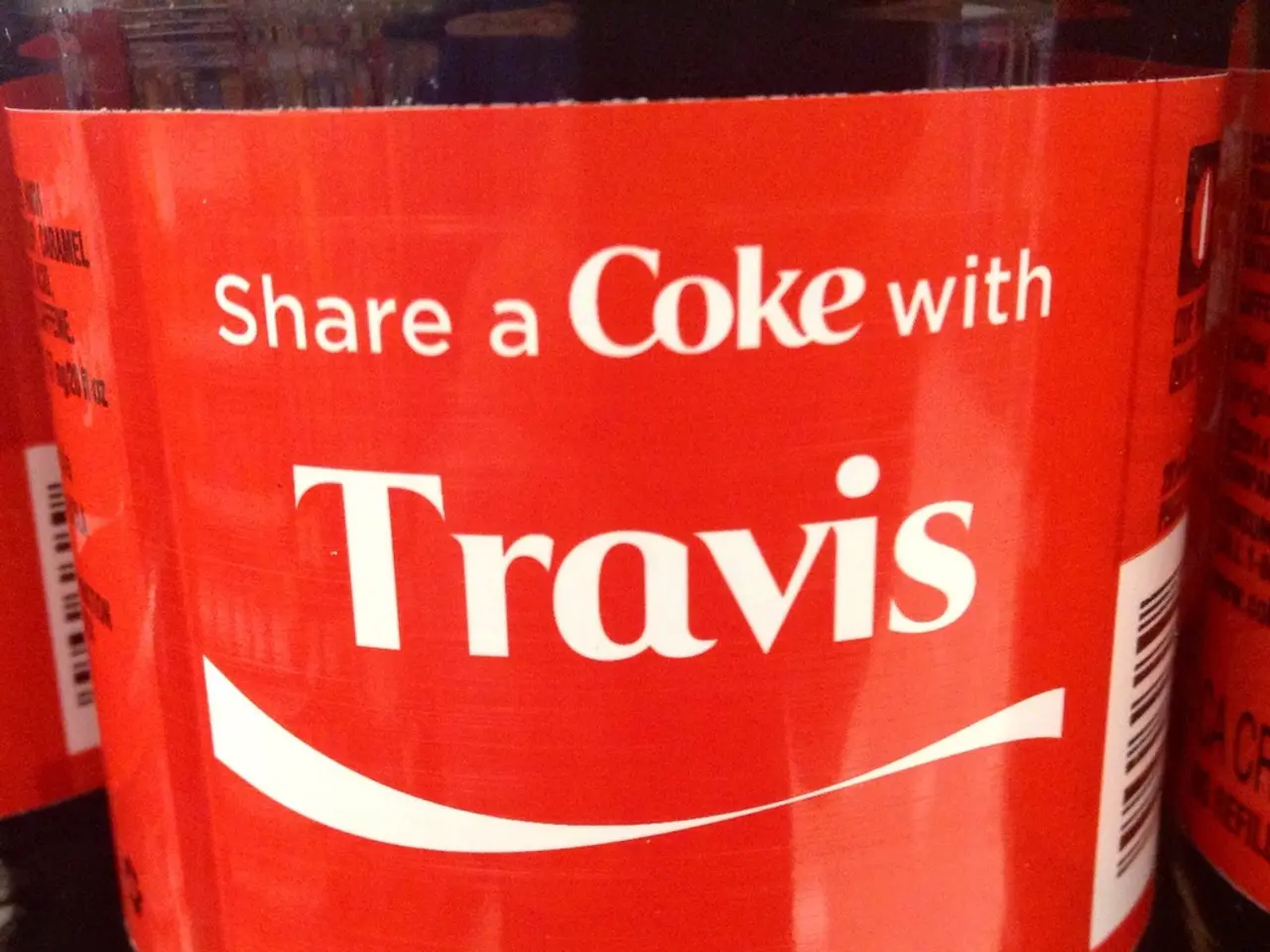U.S. Immigrants Deported to El Salvador Not Linked to Gang Activities - In Venezuela, it has been confirmed that no individuals transported from the United States to El Salvador were affiliated with gangs.
In March, the United States deported 252 Venezuelans to El Salvador, citing their alleged affiliation with the Tren de Aragua gang. However, investigations have shown that the vast majority of the men had no criminal convictions in the U.S., and most were deported while their immigration or asylum cases were still pending.
Over 230 men were deported to El Salvador’s Terrorism and Confinement Center (CECOT) under accusations of being Tren de Aragua members. The U.S. government, however, produced little to no concrete evidence supporting this gang membership.
About half of these men had come to the U.S. legally, and many had no criminal records domestically or abroad. Only a small number had serious convictions like assault or gun possession. The Biden administration’s CBP One program, used for legal entry appointments, included many of these men.
The U.S. government employed a rarely used wartime law (Alien Enemies Act) against these men, with accusations mainly relying on appearance (tattoos) rather than solid proof of gang activity. This has raised concerns about due process violations, wrongful imprisonment, and abuses related to their detention in El Salvador.
High-ranking Venezuelan official Diosdado Cabello has called the claim that the deported Venezuelans are members of Tren de Aragua "lies, big lies." He did not confirm the allegations but also did not link the men to the gang.
It is important to note that around 20 of the deported Venezuelans have a judicial record, but the nature of these records is not clear. Some reports suggest that only seven of the deported Venezuelans have a judicial record for serious offenses.
The men were returned to Venezuela after months of imprisonment as part of a prisoner exchange between Caracas and Washington. The exact details of the exchange are not publicly known.
The deportation of these men has sparked controversy and raised questions about the U.S. government's use of the Alien Enemies Act and its handling of immigration cases. Human rights organizations and investigations have called for a thorough review of the cases and a commitment to upholding due process and protecting the rights of immigrants.
References:
- The Intercept
- Amnesty International
- The Washington Post
- Human Rights Watch
- The New York Times
- The United States' deportation of 230 men to El Salvador's maximum security prison, the CECOT, raised concerns about due process violations, given that most of them had no criminal convictions and were still awaiting immigration or asylum case decisions.
- In light of the controversy, human rights organizations and investigations have called for a thorough review of the cases, urging the U.S. government to uphold due process and protect the rights of immigrants, a key issue in the broader context of politics, policy-and-legislation, and crime-and-justice.
- Amidst the ongoing debate, high-ranking Venezuelan official Diosdado Cabello labeled the allegations that the deported Venezuelans were Tren de Aragua members as "lies," adding to the general news and war-and-conflicts surrounding Venezuela, El Salvador, Washington, Donald Trump, and the politics of gang deportation.








